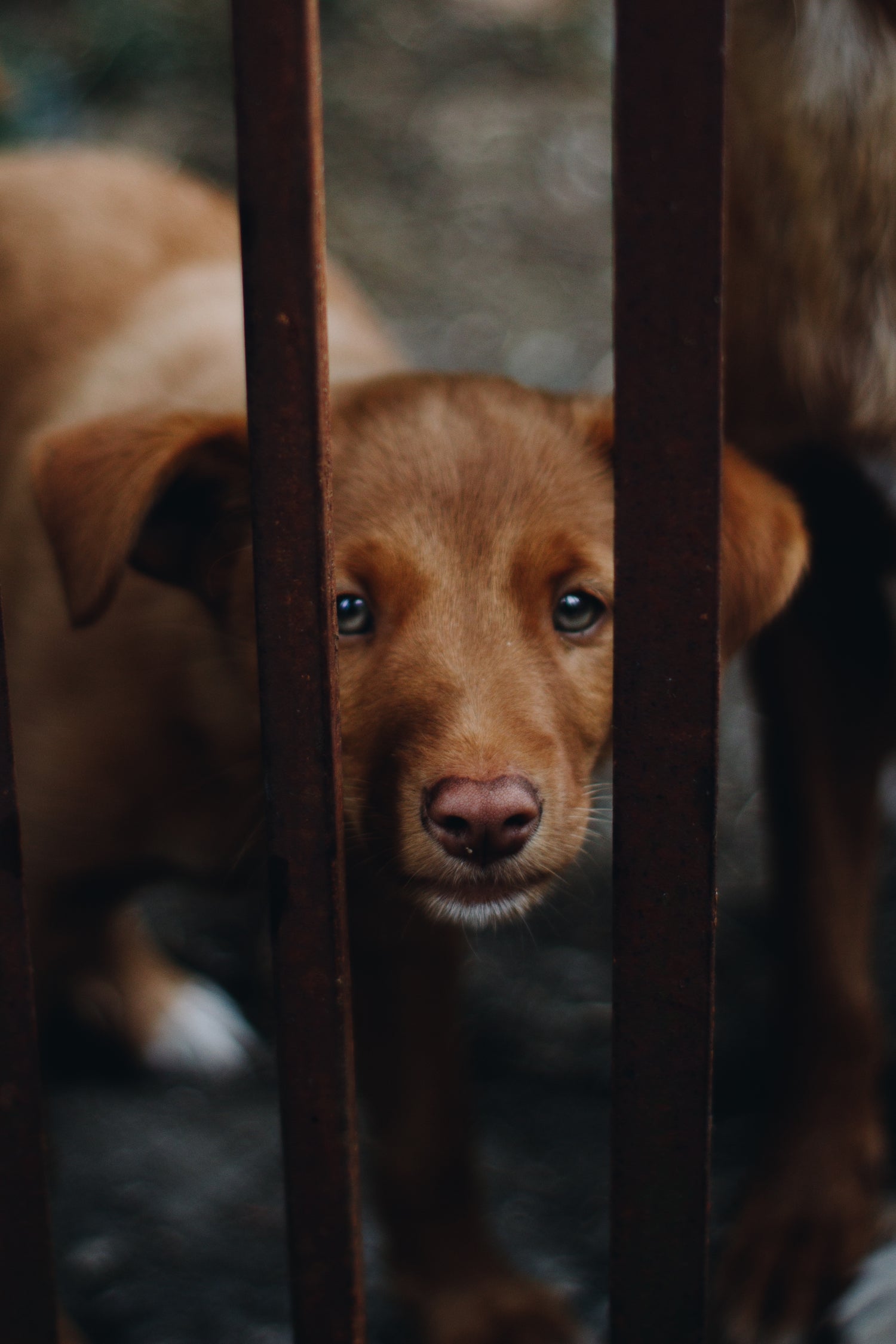Not Just Pets
They're Saviors.
They're Doctors.
They're Security.
They're Nannies.
They're Scientists.
They're Food.
Most Importantly... They're Family.

Chirp-Search Dog Foundation
They're Saviors
Meet Chirp, a hero with heart and a squeak. Chirp began life as a stray before being rescued by Rescue Ranch Yreka, where his potential as a search and rescue dog quickly became clear. With his cheerful personality and distinctive squeaky bark—his signature alert—Chirp earned his name and the hearts of all who met him. After completing his training at the Search Dog Foundation, Chirp graduated in November 2022 and was partnered with Lieutenant Jeremy DeMott of Chesapeake Fire Department. The duo became certified members of VA-TF2 and deployed for their first mission in August 2024 after Hurricane Debby. Most recently, Chirp and Jeremy answered the call once again, heading to the Midwest to assist with rescue efforts following devastating tornadoes. We’re proud to honor Chirp, a true four-legged hero helping save lives when disaster strikes.
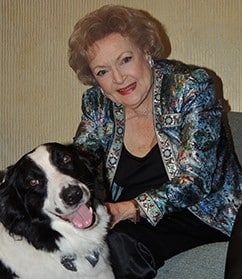
John D & Betty White
They're Doctors
John D., a rescued Border Collie, is breaking ground in medical detection. As the first dog in the UAMS ovarian cancer detection program, he has amazed researchers with his ability to identify cancer through scent, offering hope for early diagnosis of ovarian and thyroid cancers. His work has gained international attention, including from top physicians and even celebrities like Betty White. Honored as the American Humane Search and Rescue Hero Dog of the Year, John D. is not only a disaster response dog—but a pioneering force in the future of cancer detection.
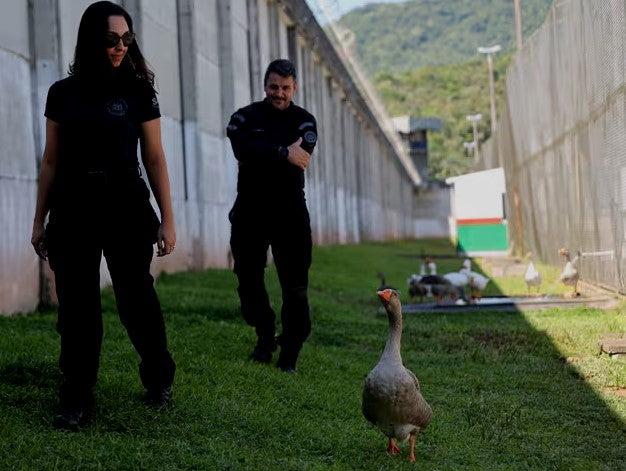
Piu-Piu on geese patrol
They're Security
In a unique security shift, the São Pedro de Alcântara Penitentiary in Santa Catarina, Brazil, has replaced some canine guards with geese. Known for their sharp eyesight, loud honks, and territorial nature, geese are proving to be surprisingly effective as alarm animals, especially in detecting intruders and unusual activity. This may seem unconventional, but geese have a long-standing reputation as vigilant sentinels—most famously the sacred geese of Juno, who, according to Roman legend, saved the city by alerting citizens to an invasion by the Gauls. From ancient Rome to modern Brazil, geese continue to earn their place as unlikely but heroic protectors.
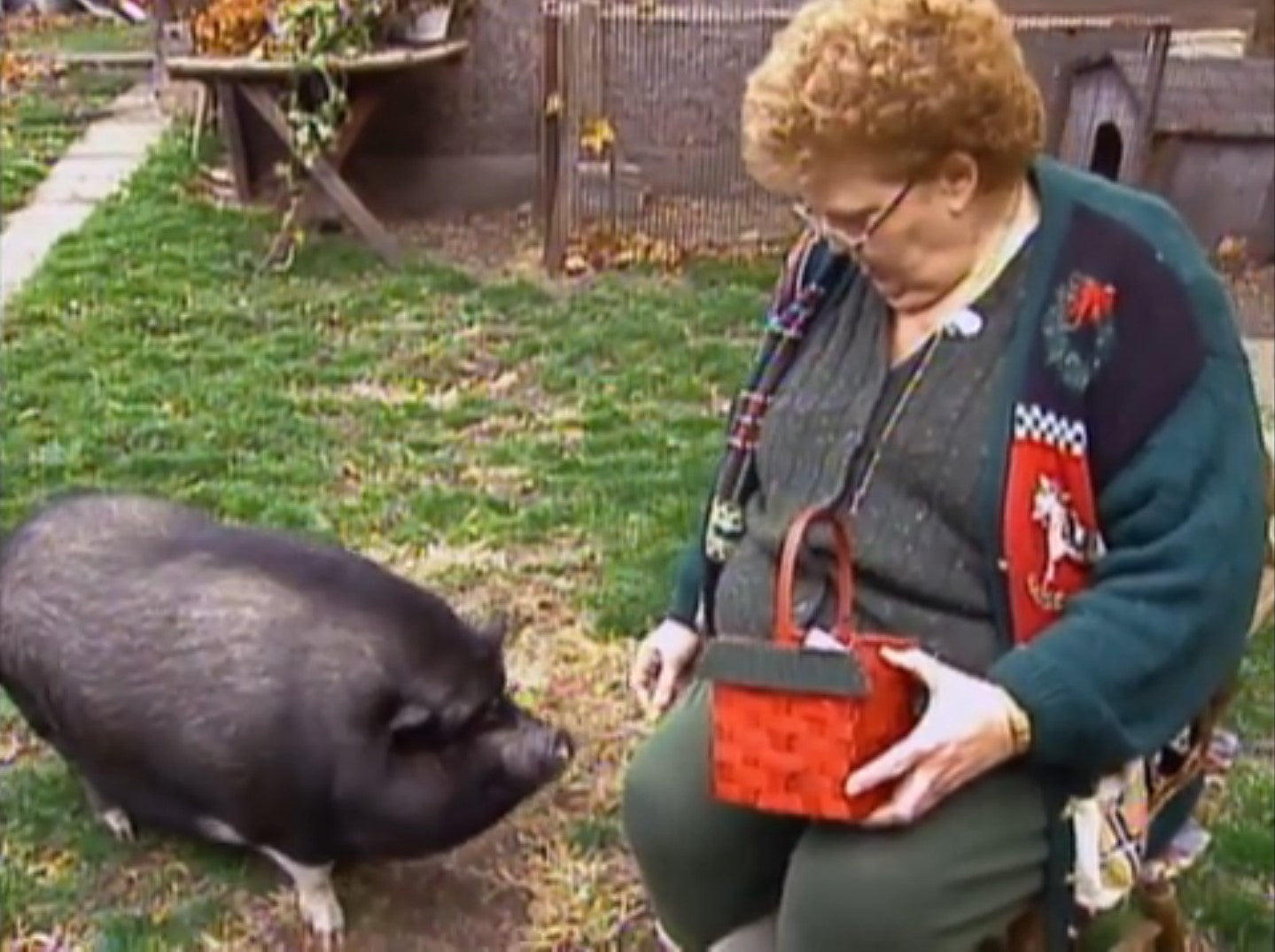
Lulu the Pig & Jo Ann Altsman
They're Nannies
Pigs may not be the first animals we associate with heroism, but Lulu shattered expectations with an act of extraordinary loyalty and intelligence. When her owner suffered a heart attack and lost consciousness, Lulu didn’t panic—she acted. The devoted pig squeezed through a gate, made her way to a nearby road, and laid down in traffic, pretending to be injured to stop passing cars. When a concerned driver finally stopped, Lulu led them back to her owner, who received emergency medical care just in time. Thanks to Lulu’s quick thinking and determined spirit, a life was saved.
Lulu’s story is a powerful reminder that love, loyalty, and intelligence can come in unexpected forms. Much like pigs, pit bulls have long been misunderstood. Historically known as “nanny dogs” for their gentle nature with children, pit bulls are incredibly devoted, affectionate, and smart—yet they often suffer from unfair reputations. Lulu’s heroic act, and the misunderstood image of pit bulls, challenges us to look beyond stereotypes and recognize the incredible bonds animals form with their humans—and the lengths they’ll go to protect them.
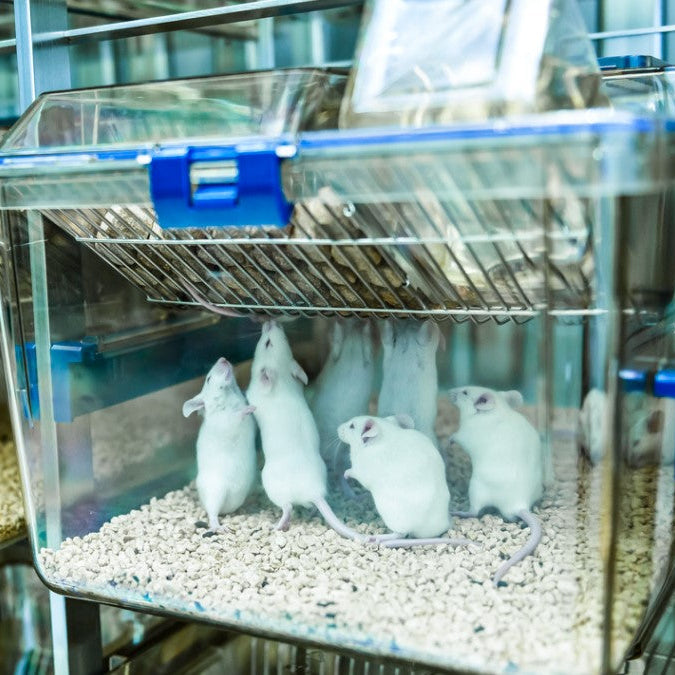
Mice that will only know one life
They're Scientist
When we think of scientific discovery, we often picture lab coats, microscopes, and bustling research centers. But what if we told you some of the most vital contributors to human health advancements don’t wear lab coats—they wear fur, feathers, or scales?
This powerful visual from the National Institutes of Health reminds us that animals have been—and continue to be—silent partners in the advancement of medical science. From the armadillo’s role in treating leprosy to the pig's assistance in heart research and cholesterol control, these animals have helped unlock lifesaving treatments we rely on today.
Dogs have helped us discover insulin and develop open-heart surgery. Monkeys have led to breakthroughs in vaccines for polio and rubella, while rodents have played key roles in chemotherapy development and cochlear implants. Even the humble frog has taught us about chemical communication between cells—critical knowledge for countless treatments.
These animals are more than research subjects—they are scientists in their own right. They’ve helped us battle blindness, overcome childhood leukemia, and even replace human heart valves. Their contributions aren’t just remarkable—they are irreplaceable.
Recognizing animals as fellow researchers forces us to reframe the narrative. It invites us to treat them with dignity, protect their welfare, and ensure that their involvement in our medical progress is both ethical and honored. They are not just part of the story—they are the reason so many of us get to live longer, healthier lives.
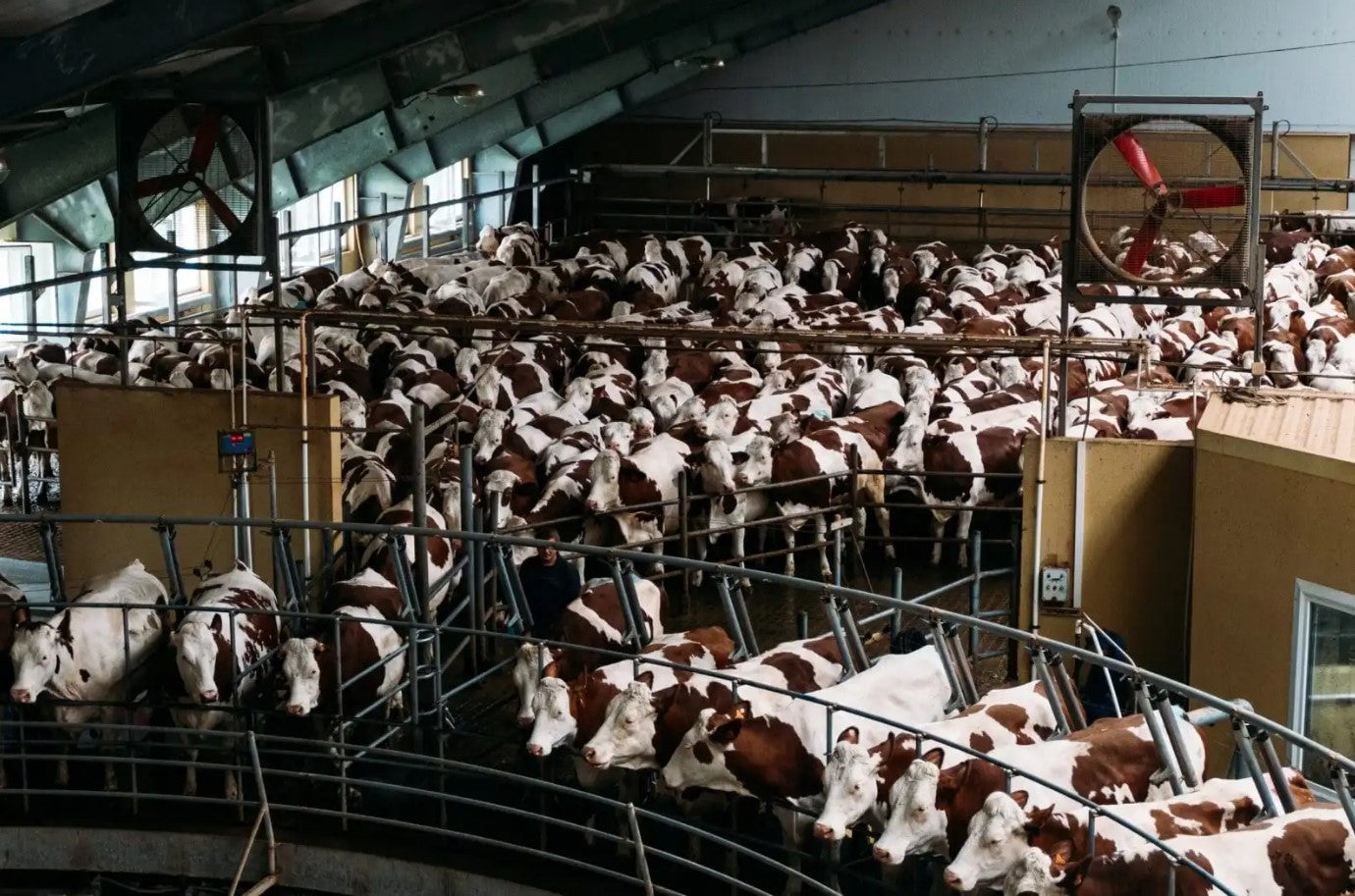
Cows That Will End Up In Your Stomach Or Landfill
They're Food
Every year in the United States, billions of animals are confined in factory farms—not because we need them to survive, but because we’ve built a culture of convenience around their exploitation. In 2022, over 9.2 billion chickens, 530 million farmed fish, 380 million egg-laying hens, and tens of millions of cows, pigs, and turkeys lived and died in intensive confinement. For many, these conditions are marked by stress, overcrowding, and suffering.
And yet, we have other options. Modern plant-based foods can meet all of our nutritional needs without causing this harm. The truth is, consuming animals is no longer a necessity—it’s a choice. A luxury. One that often ends in waste. An estimated 30–40% of the U.S. food supply is wasted, including meat and animal products. That means countless animals endure short, painful lives only for their bodies to end up in landfills.
Factory farming exists not because we must eat animals, but because we choose to—often without considering the real cost. When animals suffer for food we didn’t need and often didn’t even use, we have to ask: is this really worth it?
If we truly value life, then we need to reevaluate what we’re willing to sacrifice for taste, habit, and convenience. Treating animals as if their only purpose is to serve us—especially when that service is unnecessary—reveals more about our detachment from compassion than it does about sustenance. Recognizing their suffering is the first step. Choosing differently is the next.
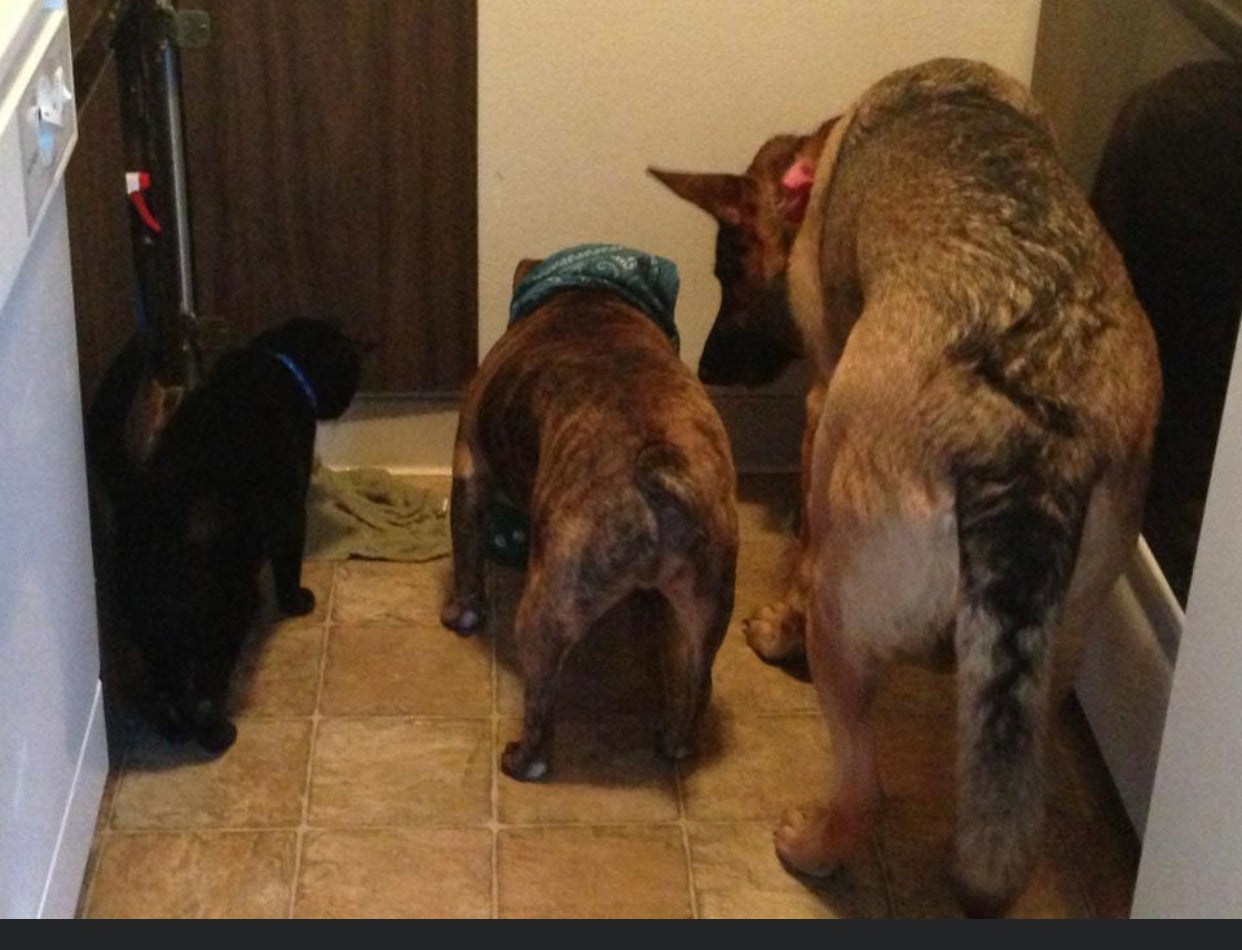
Most Importantly.. They're Family
No matter what they are to you, or how you may view them, they are important to each and every one of us. They deserve the same rights and freedoms as anyone else on this planet, especially for all that they provide for us. We utilize their lives everyday to better our own in every way, yet they give back to us selflessly and unconditionally. Join us in giving all creatures, and their caretakers, A VOICE, let's give them the dignity and respect they deserve. Make a Difference, Donate Today!
